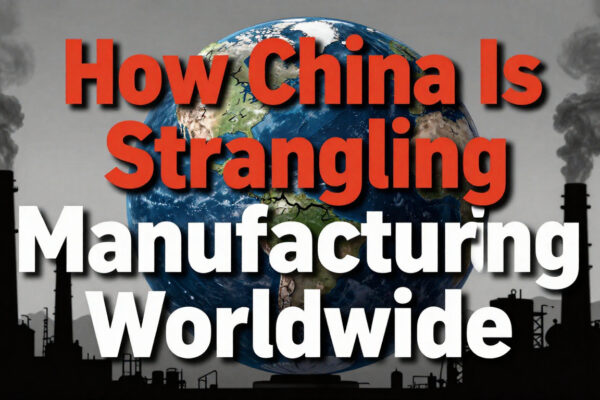
China’s MASSIVE Trade Surplus Is Killing Manufacturing Worldwide?
China’s massive trade surplus is reshaping global manufacturing, triggering industrial decline, supply chain dependence, and rising geopolitical tensions worldwide.

China’s massive trade surplus is reshaping global manufacturing, triggering industrial decline, supply chain dependence, and rising geopolitical tensions worldwide.
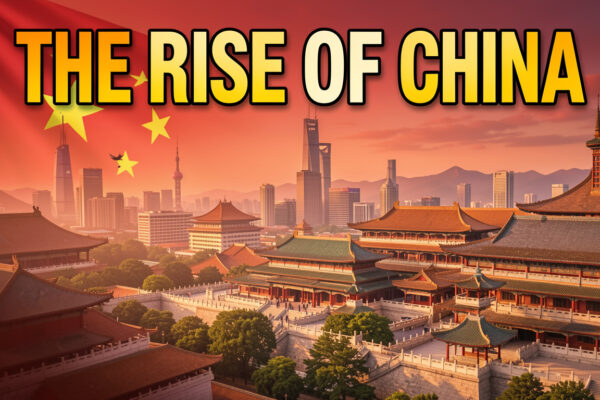
China’s rapid rise is reshaping global power, as shifting U.S. policies and trade wars push Western allies toward Beijing.
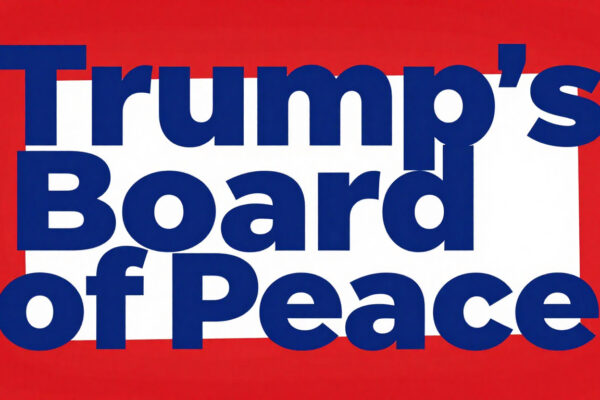
Trump’s Board of Peace tests diplomatic norms by using pay-to-play membership, U.S. dominance and new multilateral structures beyond the UN.
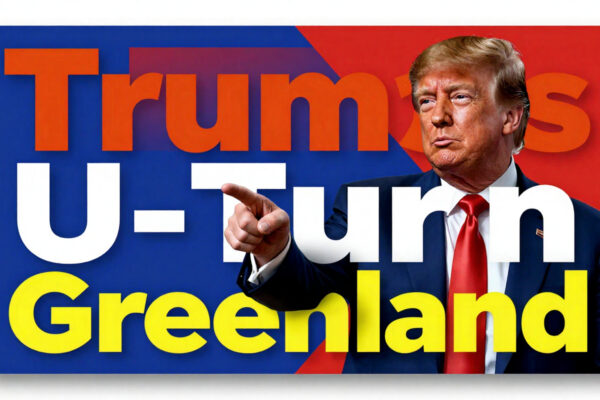
Trump ruled out force over Greenland at Davos but earlier threats and diplomatic pressure exposed fears among allies and reshaped Arctic geopolitics.
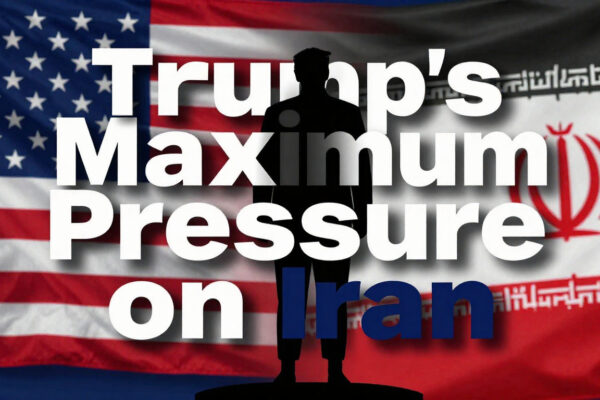
Iran’s massive protests amid economic collapse create a geopolitical flashpoint that could reshape U.S. strategy, nuclear policy, and regional balance.

Maduro’s capture by U.S. forces raises profound legal and sovereignty issues, challenging global norms and reshaping international accountability.

Trump’s renewed vow to back Israeli strikes on Iran revives fears of escalation, testing deterrence, diplomacy, and America’s Middle East strategy.
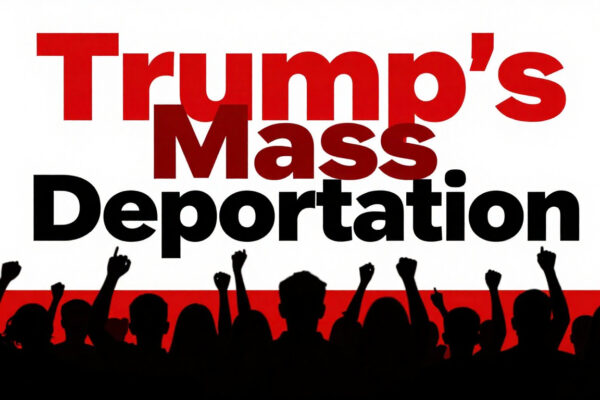
Trump’s renewed immigration crackdown revives unresolved questions about legality, morality, and whether enforcement without restraint ultimately weakens America itself.

Trump’s response to the Reiner tragedy ignites bipartisan outrage, raising urgent questions about presidential empathy, political rhetoric, and national unity.
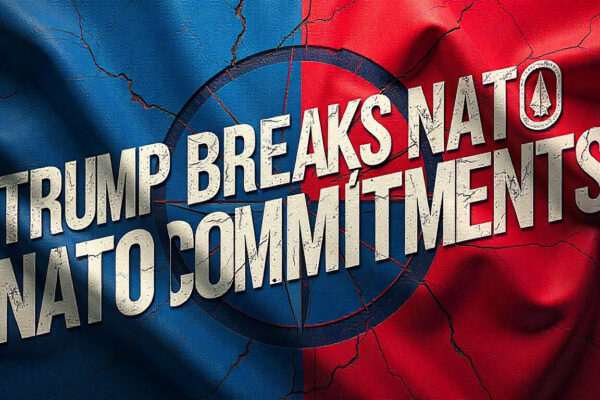
Trump’s 2025 National Security Strategy warns Europe to rebuild its strength, abandon complacency, and take responsibility—or risk losing America’s support.